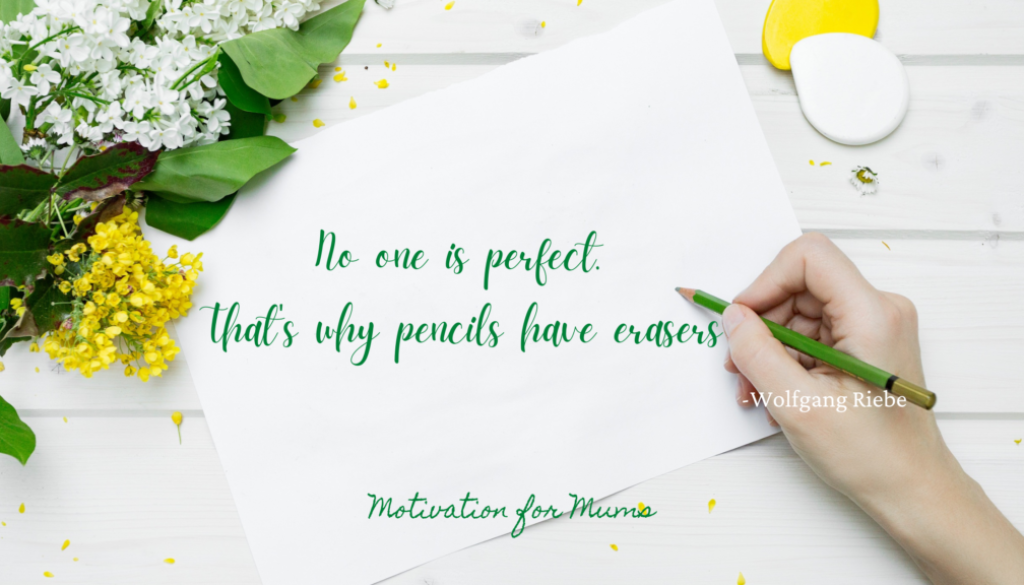As parents, we all want what’s best for our children.
We want them to succeed; we want them to go through life without going through hardships; we don’t want them to experience any pain or sadness whatsoever (wrap them in cotton wool, anyone?)
We want to be their protectors, be the mother dinosaur that will break hell loose if someone harms our child. I can certainly identify myself as one of those dinosaurs in Ice Age 3.
I recently popped into some parenting groups on Facebook and noticed a few different parenting views (on completely different topics):
Let’s name one parenting view as type A: the parents who are quite vocal about why children need to know that life is just difficult and they might as well face the hardships when they are young.
“It will only make them stronger and more resilient,” one parent wrote, “They need to work hard in school and have lots of homework because they need to get used to the hard work when they become adults.”
Then there’s the other parenting view I came across, the one which I shall refer to as type B: the parents who are cautious of their child feeling hurt.
“I don’t let my son go on the merry go round, he got pushed by another child once and he cried so much,” said another parent.
These two views are perhaps two extremes, two polarities. No judgement whatsoever here. As a play therapist and parenting coach I try to understand people’s perspectives and where they are coming from. I try to understand what it’s been like for them as a child, and what they want to achieve as parents. Sometimes, as adults, we subconsciously carry our own experiences of how we were parented into our parenting.
Any parent that has more than one child will tell you that no two siblings are the same; they will have their own needs despite having a similar upbringing.
So, what’s the best way to parent our kids?
Ideally, we need to shift our parenting style to the needs of that child in that particular moment, in a consistent manner.
Seems complicated? It’s not.
Hear me out.
Take parenting view type A. She is partially right; children do need to develop resilience, but, I add, only when they are ready to face difficult things. Children are not emotionally equipped to face adult experiences. They don’t need to get used to adult hardships when they are children. They don’t have adult brains. They need to experience being children.
What about parenting view type B? She is also right in being fearful of her child getting hurt again. But how is that child going to develop (socially, physically, emotionally) if they have limited childhood experiences? In this example, children will improve their social development when they negotiate in their play. At times, I see adults intervening too quickly. If children are arguing amongst themselves, it means they are negotiating, they are problem solving, they are communicating.
Take-Home Tips
1. Allow your child to make mistakes. I don’t mean you should allow them to walk on a busy road. Give boundaries, but allow them to make mistakes within those boundaries.
2. Congratulate them for trying and for making a mistake. Authentically, not sarcastically. Let them know that no one is perfect and that we learn through mistakes.
A good example of this is Amanda Kidd‘s character, ‘Sam the Sneezing Scarecrow’, who didn’t think he had what it takes to do his job properly. Sure, he’s a fictional character, but would he have ever found out he was really good at, if all the other scarecrows just told him? No! He had to experience being sad (which is a normal feeling by the way). He had to go explore things and then find out for himself, he had to internalise what he is good at.
3. If you haven’t read this book yet, it’s a good place to start. Read it with your child. Ask them what they would do, and how they feel about Sam and about themselves when they are in a pickle.
As always, I would love to hear your thoughts and experiences.
What was it like being a child? Were you allowed to explore and make mistakes? Are you different or the same with your child?
